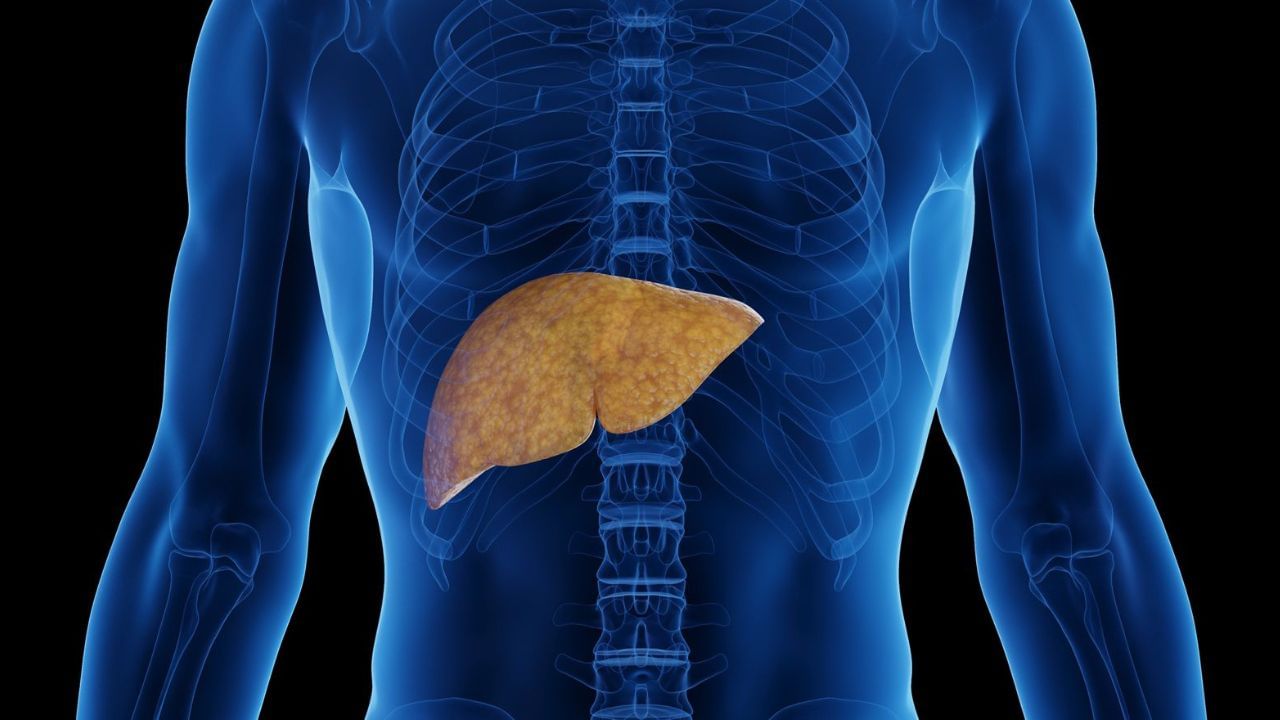What is hepatitis disease, how is it dangerous for liver?Image Credit Source: Sebastian Kaulitzki/Science Photo Library/Moment/Getty Images
Hepatitis is an inflammatory disease in the liver. Liver is a very important part of the body, which helps to remove digestion, nutrient absorption, and toxins. When there is inflammation in the liver, its functioning is affected. There are many types of hepatitis such as Hepatitis A, B, C, D and E. A and E of these are mostly spread by infected water or food, while B, C and D spread from infected blood, needles or intercourse. This disease may be cured on its own in some cases, but sometimes it becomes severe and longer, which can cause more damage to the liver.
Viral infection is the most common among the specific causes of hepatitis. Apart from this, excessive alcohol intake, side effects of some medicines, autoimmune diseases and toxic chemicals can also be caused. In the initial stage its symptoms can be mild such as fatigue, loss of appetite, nausea, mild fever and abdominal pain. When the disease increases, the skin and eyes are seen yellow, dark urination and frequent vomiting. The risk of liver fibrosis, cirrhosis or liver failure increases when hepatitis remains prolonged. It disrupts the body’s detox process and the process of creating energy, which affects the whole body.
How is hepatitis liver dangerous?
Dr. LH Square at Lady Harding Hospital It is said that hepatitis damages the liver cells, causing inflammation and irritation in them. The main role of the liver is to filter the harmful elements from the blood, make bile and control the metabolism of the body. When hepatitis increases, all these procedures are disrupted. Constant inflammation causes stains or scar tissues in the liver tissue, which is called fibrosis. Over time it can turn into a cirrosis, where the liver shrinks and its work almost stops.
The risk of liver cancer in chronic hepatitis B and C also increases. Liver malfunction also affects the rest of the body parts, as it plays an important role in making protein synthesis, hormone balance and energy. It can also be fatal in serious cases, especially if there is no timely treatment.
How to rescue
Drink clean and boiled water.
Do not use infected needles or blades.
Do vaccination of Hepatitis B.
Avoid unsafe intercourse.
Keep distance from drugs damaging alcohol and liver.
Pay attention to healthy diet and hygiene.
Keep getting health check-ups from time to time.
